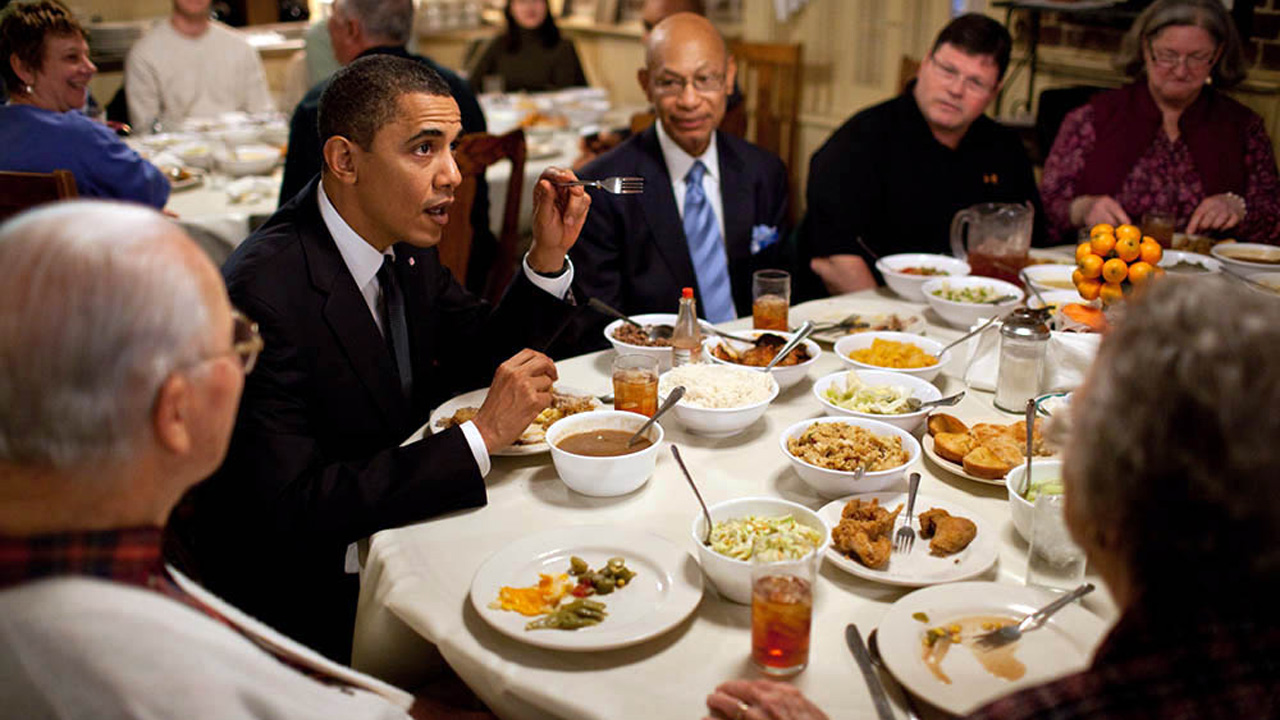My stepfather, like any responsible and hungover adult, was a firm believer in the panacea of greasy food. It may not remedy poor decisions made the night before, but it sure can fix a headache.
Between the hundreds of restaurants in Savannah Georgia, only one let my stepdad slip in through the kitchen and sneak a seat at its family-style tables. Mrs. Wilkes Dining Room is as infamous within my family as it is around Savannah. The owners, Ronnie and Marsha, are long time family friends; just as the restaurant’s recipes have been passed down for decades, so has this friendship. My stepdad was always welcome at their door, even the back one. Entering through the back meant my stepdad got to beat the hours of waiting anyone else would endure. It also meant he didn’t notice the closed three blocks surrounding Mrs. Wilkes.
Blissfully unaware and head pounding, my stepdad threw Ronnie and the cooks a wave before deftly maneuvering from the kitchen to the dining room. The white table clothes had yet to be topped with dishes, but the antique chairs were filled with people. My stepdad squeezed in among a few strangers as three secret service agents entered the restaurant. Between these agents was none other than President Barack Obama, who took a seat across from my stepdad.
When the food was placed in front of them, my stepdad politely asked the president to pass the chicken. Talk about politics at the dinner table.
President or not, Mrs. Wilkes serves every customer with an equal amount of care. It’s a demonstration of how southern cuisine serves as communion, comfort, and tradition by conjoining strangers at the same table with the same meal. Family and food are closely intertwined at Mrs. Wilkes through the recipes made even before the restaurant’s opening. These values are served to their customers from the macaroni to the blueberry cobbler. Shared dishes become shared conversations that become new understandings, if only for the hour. Talking to Barak Obama about homeland security over green beans is an extreme example, but the rest aren’t any less significant.


